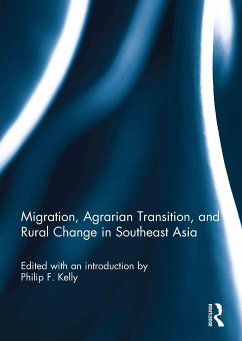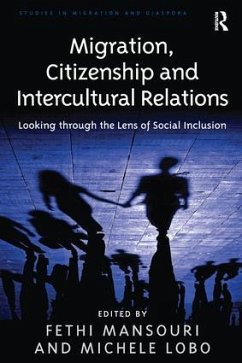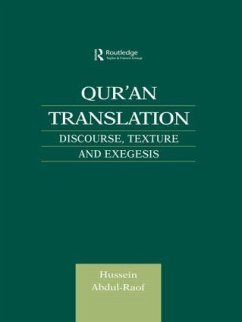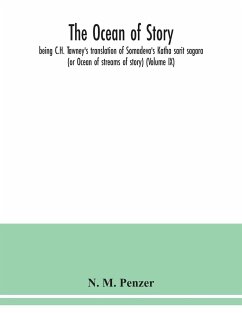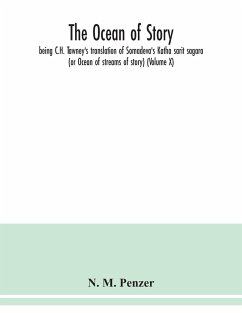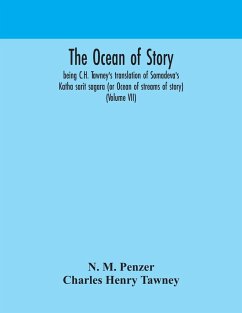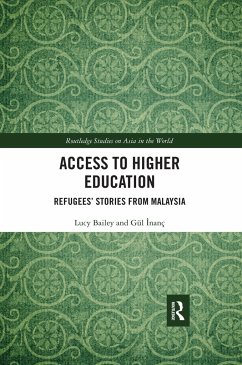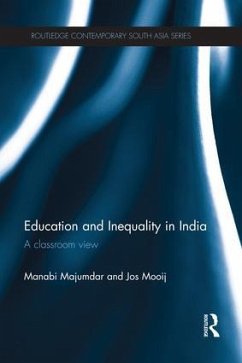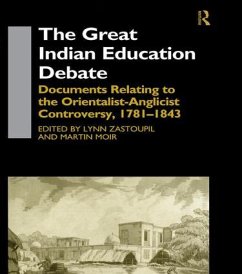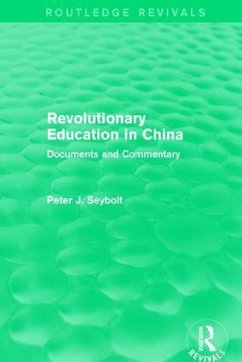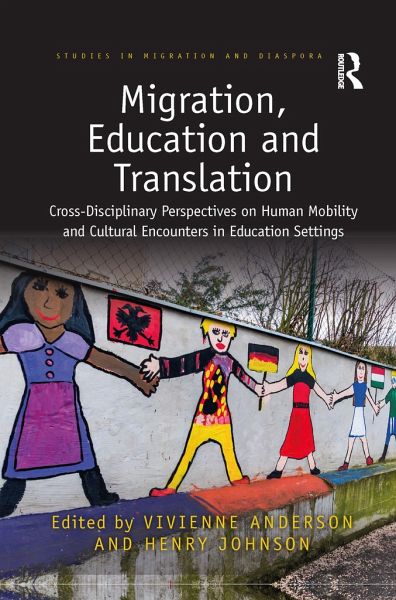
Migration, Education and Translation
Cross-Disciplinary Perspectives on Human Mobility and Cultural Encounters in Education Settings
Herausgeber: Anderson, Vivienne; Johnson, Henry
Versandkostenfrei!
Versandfertig in 1-2 Wochen
55,99 €
inkl. MwSt.
Weitere Ausgaben:

PAYBACK Punkte
28 °P sammeln!
This book examines the connections between education, migration and translation across a range of educational sectors in various socio-geographical contexts, offering a critique of existing practices that privilege certain ways of knowing, and asking how the dominance of the English language in education might be challenged. &nbs





